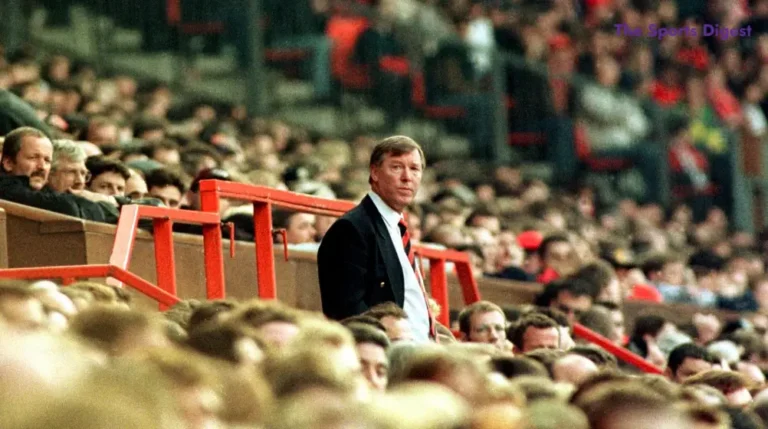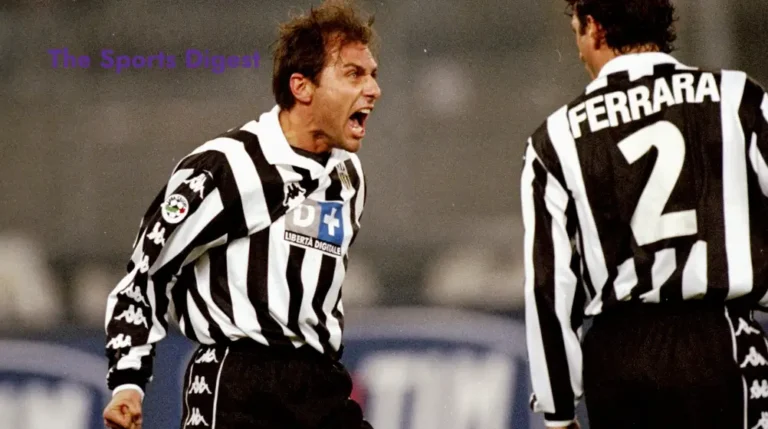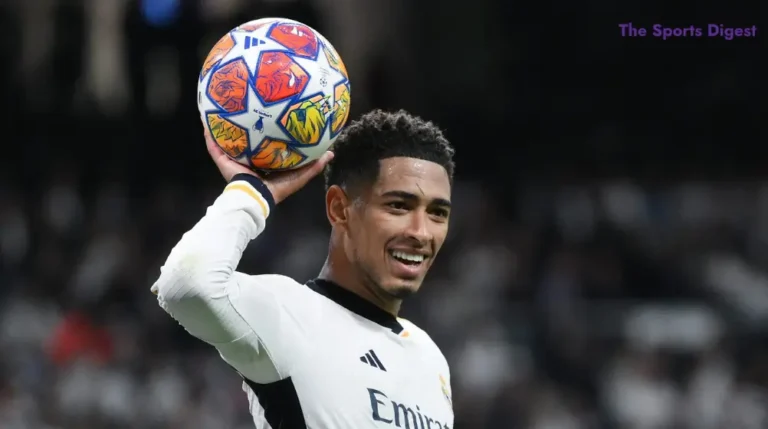Barcelona Wins ‘Caso Olmo’ Legal Battle Against LaLiga
Barcelona has secured a significant victory in their ongoing legal dispute with LaLiga, commonly known as the ‘Caso Olmo.’ The Spanish government’s Superior Sports Council (CSD) has ruled in favor of the Catalan club, allowing both Dani Olmo and Pau Víctor to continue playing for the remainder of the season despite LaLiga’s attempts to revoke their registrations.
Table of Contents
Caso Olmo: The CSD’s Verdict – A Matter of Procedure
The CSD’s decision hinged not on whether Barcelona had complied with LaLiga‘s economic control measures, but rather on procedural errors in how LaLiga handled the case. The ruling highlighted “razones de incompetencia” (reasons of incompetence) as the basis for upholding Barcelona’s appeal.
At the heart of the dispute was the authority of the “Comisión de Seguimiento del Convenio de Coordinación entre LaLiga y la RFEF” (the Monitoring Commission of the Coordination Agreement between LaLiga and the Spanish Football Federation). The CSD explicitly determined that this Commission lacked the competence to decide on the prior approval (“visado previo”) and the requested licenses for the players.
“In law, both the substance and material justification of decisions are as important as the forms, procedures, and competencies,” the CSD stated in their resolution, emphasizing that in law, procedural correctness is as important as the substance of decisions.
Caso Olmo: How the Dispute Began
The conflict originated last summer when Barcelona exceeded their LaLiga-imposed salary limit and could not initially register new signings Dani Olmo and Pau Víctor for the first team. The club found a temporary solution by utilizing Article 77 of the economic control regulations, which allows for temporary expansion of the salary limit due to long-term injuries to other players. In Olmo’s case, his registration was enabled by Andreas Christensen’s injury.
These temporary licenses were set to expire on December 31st, after which Barcelona needed to demonstrate improved finances to comply with LaLiga’s 1:1 rule (which requires clubs to show they can generate one euro for every euro spent on new signings) and stay within their salary limit to secure permanent licenses.
When the deadline arrived, LaLiga contended that Barcelona had not met the financial requirements, while the club insisted they had fulfilled all necessary conditions and requested the continuation of the players’ licenses.
Caso Olmo: The Disputed Decision-Making Process
When Barcelona’s request was denied, it wasn’t LaLiga’s economic control bodies that issued the rejection. Instead, it was the Comisión de Seguimiento that “acordó de forma expresa no conceder el visado previo ni la licencia definitiva solicitada por el FC Barcelona” (expressly agreed not to grant the prior approval or the definitive license requested by FC Barcelona).
Barcelona challenged this on the grounds that the Commission had overstepped its authority. The CSD agreed, clarifying that the Commission’s responsibilities were limited to: “Interpretation of the application of the clauses of the Agreement; overseeing compliance with the agreed terms, and promotion of actividades que tiendan a la mayor eficacia del Convenio” (interpreting the application of the agreement clauses; monitoring compliance with what was agreed; and promoting activities that tend toward the greater effectiveness of the agreement).
LaLiga’s Failed Defense
LaLiga and the Spanish Football Federation attempted to argue that the Comisión de Seguimiento was not the entity that ultimately denied the licenses. The CSD directly refuted this claim based on documentary evidence showing the Commission had explicitly made the decision.
Limited Scope of the CSD’s Ruling
It’s important to note that the CSD’s decision did not address or question the economic control measures applied by LaLiga to its member clubs. These economic control functions remain the responsibility of LaLiga’s Budget Validation Body (Órgano de Validación de Presupuesto) and, in the second instance, its Economic Control Committee (Comité de Control Económico).
The CSD observed that any potential inconsistencies in the validation of Barcelona’s financial operations by LaLiga’s own bodies are internal matters for LaLiga to resolve.
Consequences of the Ruling
As a result of the procedural incompetence and failure to follow the correct protocols, the decision of the Comisión de Seguimiento has been declared “nulo de pleno derecho” (null and void), with all effects stemming from that decision invalidated.
This means that for now, Barcelona can continue to field both Dani Olmo and Pau Víctor for the remainder of the season, providing a boost to their squad as they pursue domestic and European honors.
The case highlights the complex interplay between sporting regulations, financial controls, and administrative law in Spanish football. While Barcelona has won this particular battle on procedural grounds, the broader war over LaLiga’s economic control measures continues to shape the financial landscape of Spanish football.
Have you ever read an article like this?
There are no reviews yet. Be the first one to write one.






